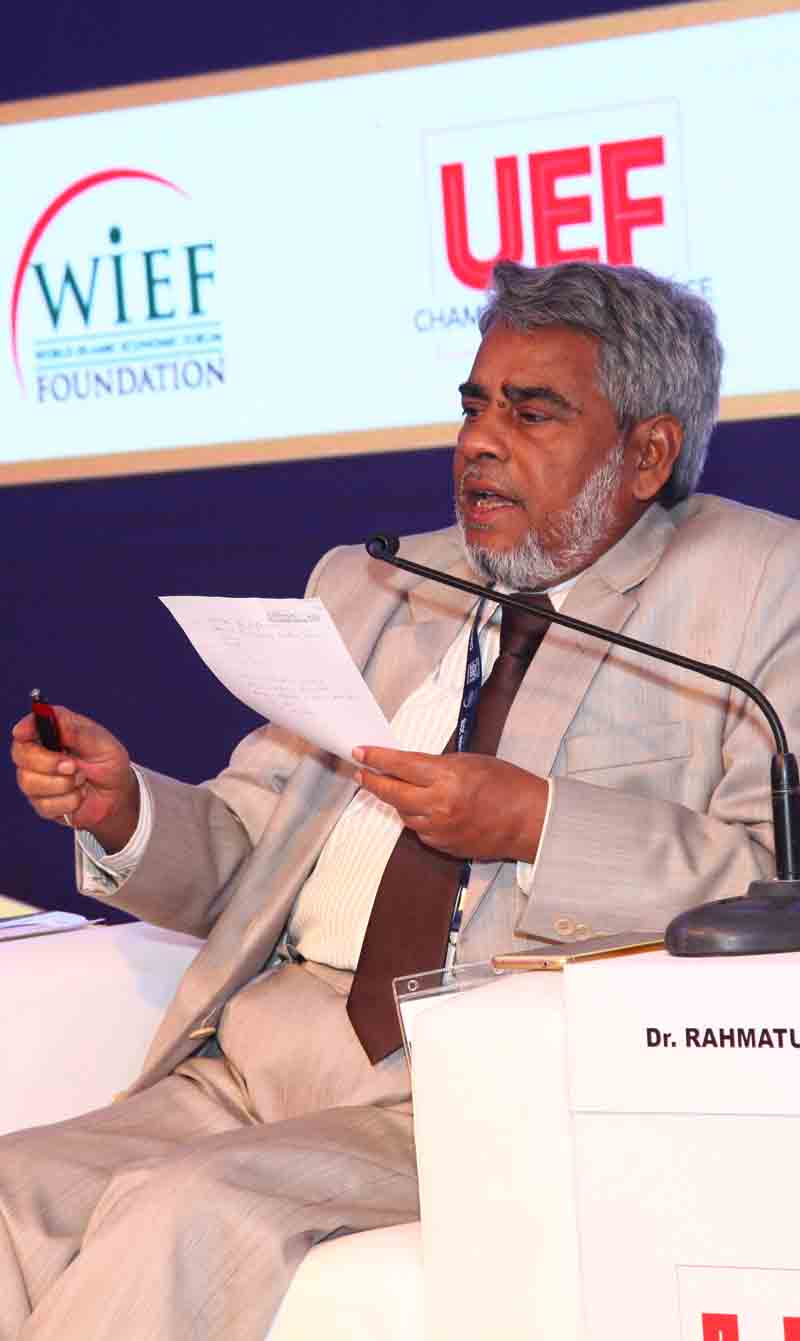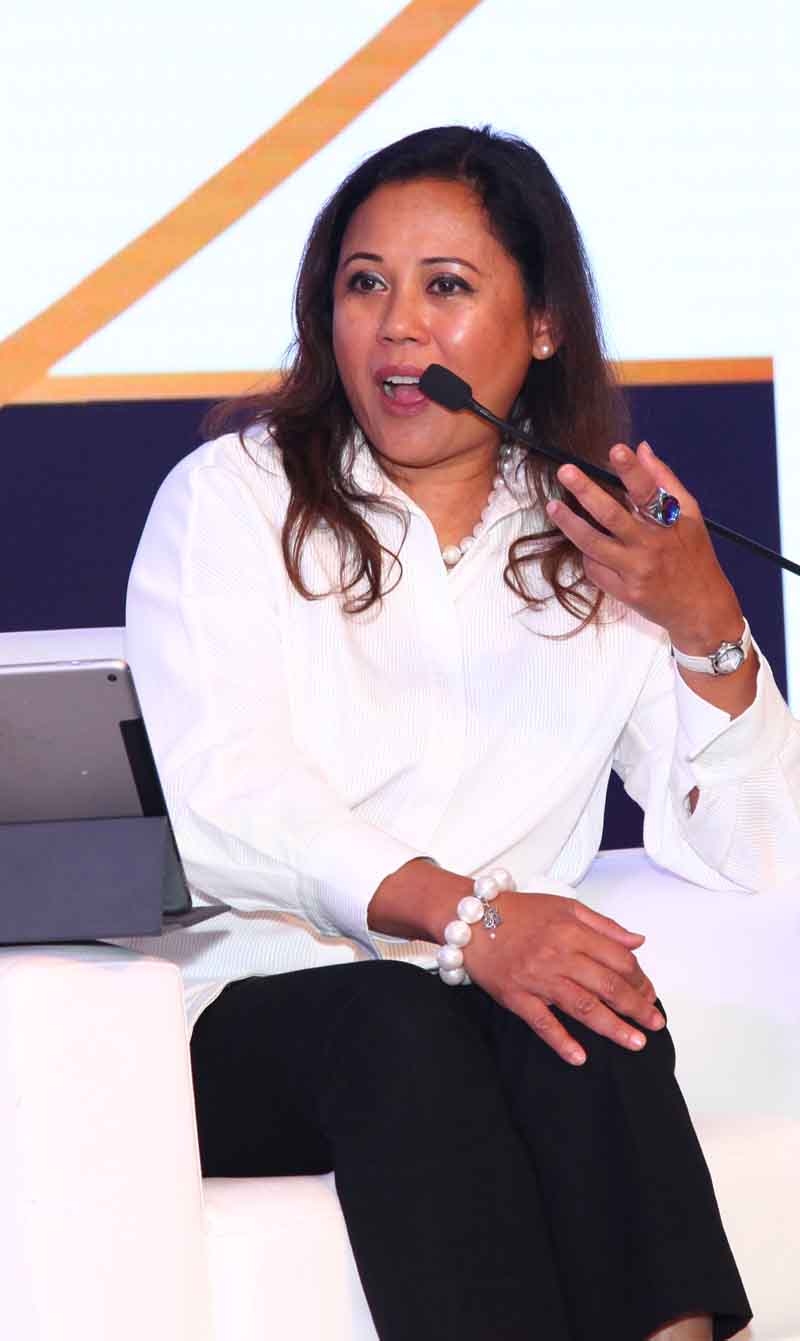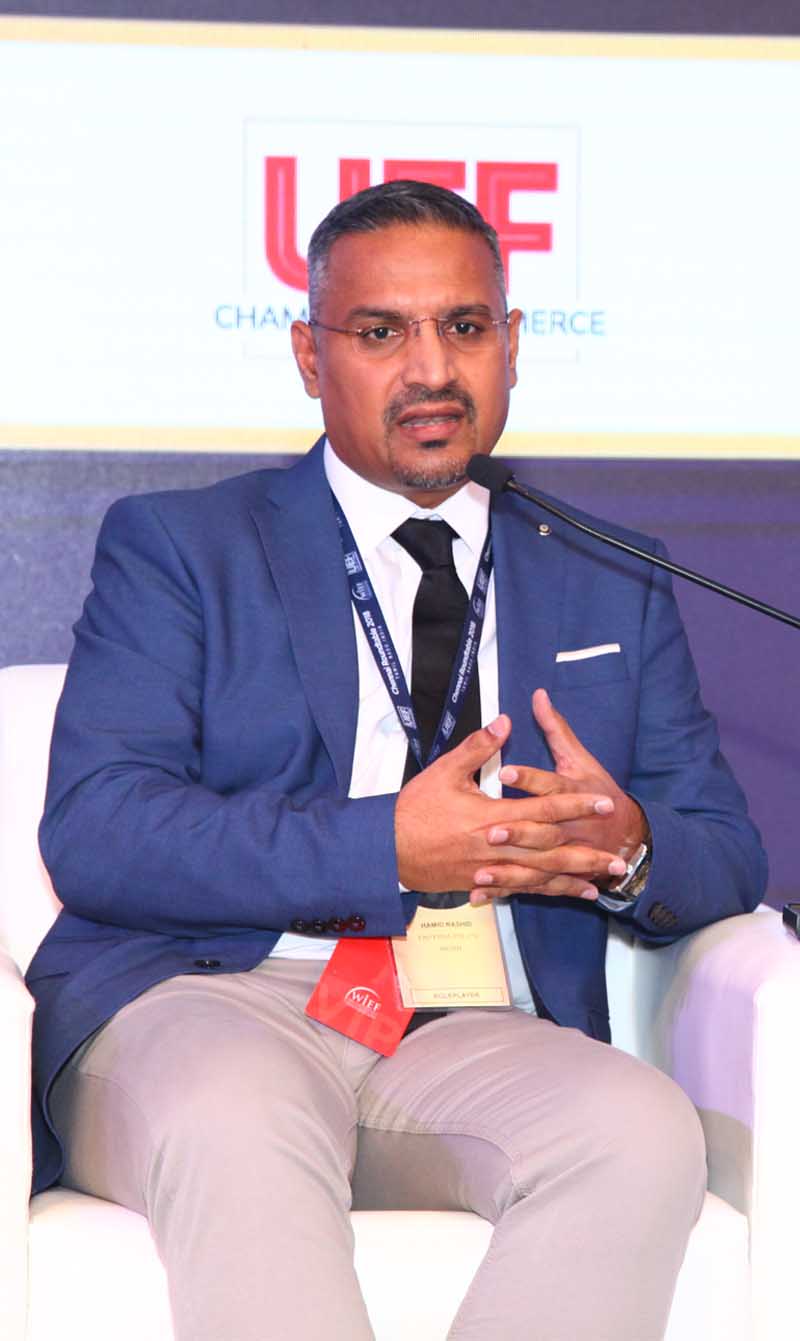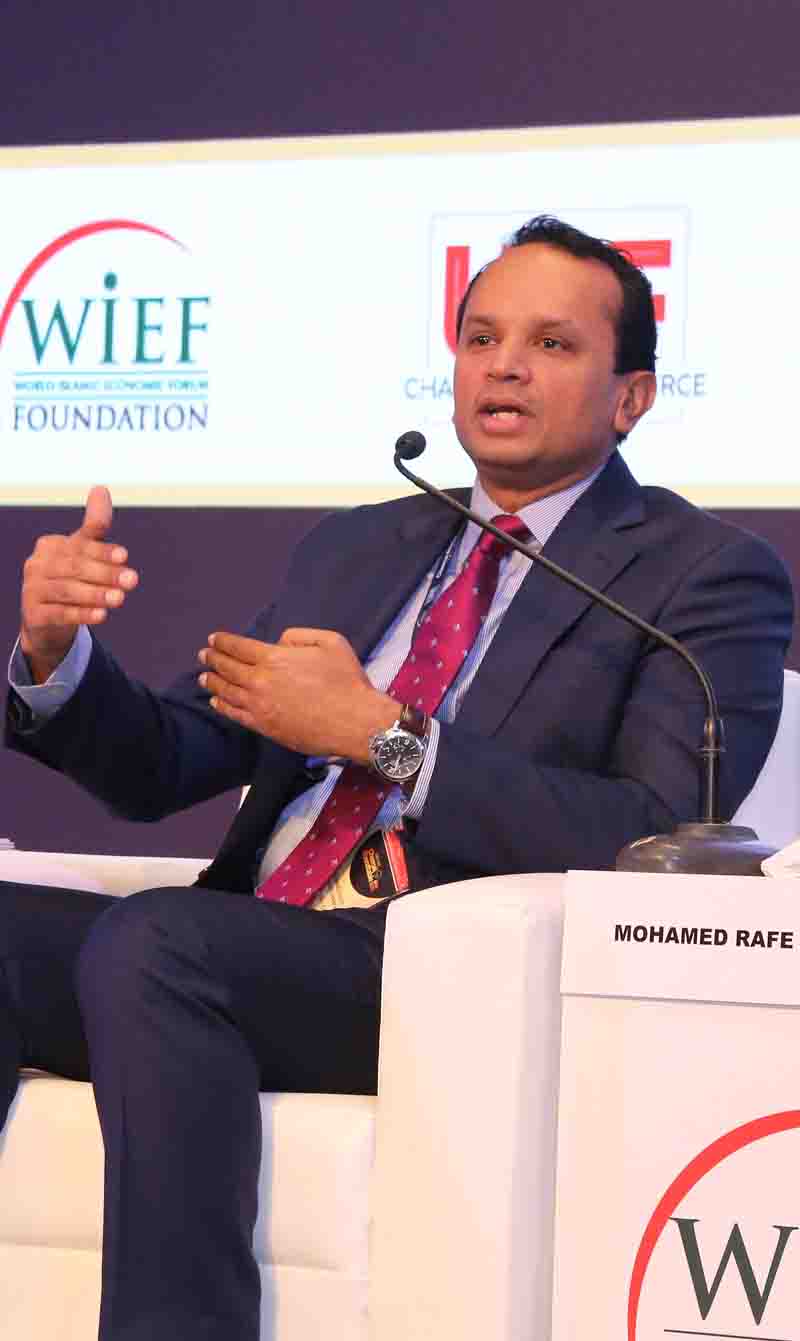30 years sukuk, deadlocks and the way forward
The shariah-compliant fixed income instrument, sukuk, is the alternative to conventional bonds but it has suffered negative adverse effects and now must recover.
Despite its infancy, the Islamic finance industry has had very fast-paced evolution and developments on all fronts: markets, regulation and structuring, driven by accelerating worldwide demand. One of the most significant, ‘game changer’ developments was the innovation of sukuk as the shariah-compliant fixed income instrument alternative to the conventional bonds. The sukuk market debuted in 1990, with the issuance of RM25 million sukuk by oil giant, Shell MDS.
The sukuk was very well received and demand has accelerated specifically in Malaysia and the Gulf Cooperation Council (GCC). The Market has then witnessed consecutive drastic developments and sovereigns gradually joined the sukuk issuers’ league. In February 2008, prominent scholars had concerns about transparency and whether sukuk is really compliant or not.
Adverse negative effects
Some comments included that 85 per cent of sukuk in the GCC are not compliant. Adverse negative effects rolled over the sukuk market and it has mounted. Until the Accounting and Auditing Organization for Islamic Financial Institutions (AAOIFI) and everyone else in the market, took some time to stop, reassess and recover.
Until that date, sukuk compliance was not questioned. The common market practice was smooth and easy, where Islamic institutional investors would directly buy into any sukuk that was just stamped.
However, after that incident, market practitioners have realised that the common practice is no longer valid and that every institution should have its own internal shariah rulebook and shariah teams to confirm the compliance of sukuk (issued or bought) to its own mandate before an investment decision is taken.
Its antidote
Three main challenges had to be addressed for the sukuk market to recover;
First, most sukuk had structures and contractual clauses that violated the essential shariah resolutions. These deviations were in most cases the result of embedding equity based sukuk with credit enhancers, to sell in the fixed income market. In brief, the work of sukuk arrangers, shariah boards and solicitors did not intersect.
Second, with the development of sukuk, varying shariah opinions had surfaced, not just across regions but within the same territory – a challenge that complicated the market recovery even further.
Third, is reputation risk, that became a risk no investor was willing to take. Institutional investors then needed to have internal teams to cross-confirm the compliance of a sukuk structure. This was especially after few other incidents where prominent scholars had disclosed their dissent of clauses in sukuk that had their stamp. Major transparency issues had mounted up in addition.
An emerging need
Ideal Ratings team had foreseen the emergent need in the market – the need to screen sukuk for compliance against the common market resolutions such as the Accounting and Auditing Organization for Islamic Financial Institutions (AAOIFI), the Malaysia Securities Commission and the internal institutional mandates.
In response, the firm’s product managers and sukuk analysts, worked to come up with a solution that intelligently screens sukuk for compliance through algorithms composed from team research and analysis and sophisticated engines.
The sukuk screening solution was successfully launched and approved by several prominent scholars and shariah boards in 2013. The sukuk screening resolutions are segmented to ‘Generic’ and ‘Structure Specific’.
The first is the set of shariah resolutions that apply to any sukuk, such as ‘nature of the underlying assets’ and ‘late payment penalties’. The later set pertains respectively to the fundamental metrics in Islamic financial contracts – such as profit and capital guarantees in equity-based sukuk. And late payments, insurance and tax conditions in debt-based sukuk. Every sukuk is screened against both sets.
Challenge, controversy and dispute
The challenge that remained true was the broadening variation in shariah opinions. Mainly on the GCC front, as the Asian markets had centralised shariah boards and hence, no room for variation in practice. While in the GCC, AAOIFI’s resolutions were not mandatory, and hence, it served only a reference.
Structuring boards on their own, however, approved sukuk structures with conditions that in fact, contradicted with AAOIFI while the scholars were themselves members of AAOIFI shariah Board. Such opposition causes much controversy in the market and hinders further Islamic institutional investors from making timely investment decisions during primary offerings.
A solution offered
The debate around debt: Equity ratio that governed the permissibility of trading the sukuk in the secondary market is another fierce one. Due to the prohibition on trading debt, debt-based assets in sukuk had to constitute the ‘lesser’ percentage of the sukuk portfolio. The definition of ‘lesser’ was controversial. While some market players stuck to a 49 per cent: 51 per cent, other market leaders (such as Inter-American Development Bank) allowed debt to rise up to 67 per cent.
Despite that this issue didn’t affect the compliance of a sukuk, yet it did indeed affect the investment decision for conservative mandates, who in some cases, opted to invest but held the sukuk to maturity.
What companies such as IdealRatings brought to the market was another solution that reshaped the industry and changed the market practice for the better. The sukuk screening solution comes after IdealRatings flagship equity shariah screening solution launched in 2006. Together both products had well served and smoothed the challenges facing the Islamic and ethical investing industry.
___________________
Ghada Essam, is a product manager at IdealRatings Inc. She joined IdealRatings in 2011, and was assigned to help develop the first ever sukuk screening engine. After the solution was released in 2013, Ghada worked on developing the next level additions and enhancements to the solution and to other products and solutions offered by IdealRatings Including: Retail, ESG Research and fixed Income Indexes. She holds a BSc of Economics from Cairo University.





